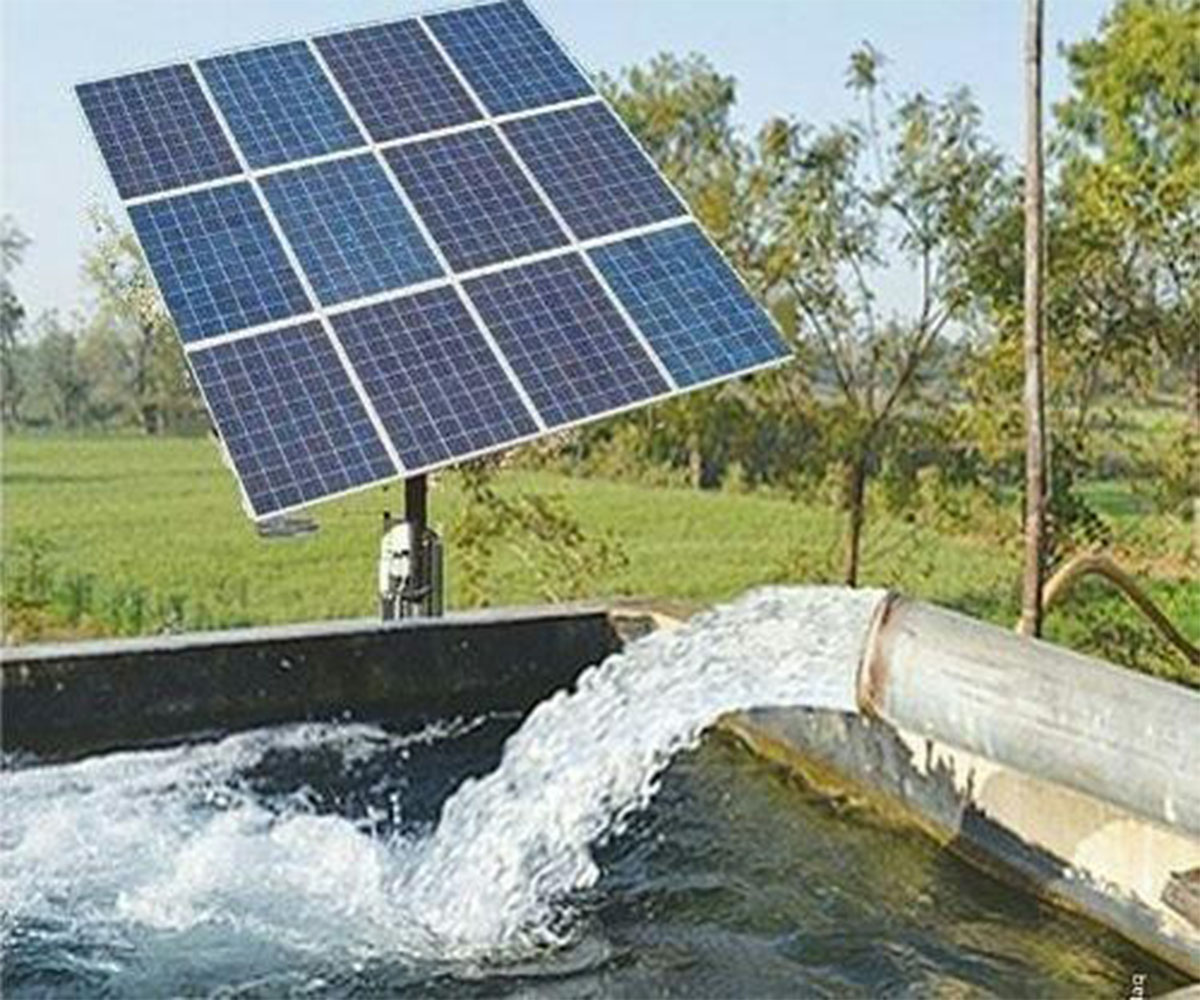Water treatment is becoming increasingly important in recent times due to the cumulative demand on this limited resource and pollution constraints rising out of expulsion from untreated/moderately treated wastes. They majorly aim to remove the pollutants from wastewater and to save our natural water resources by destroying pathogenic organism which are the leading causes of many water-borne diseases such as typhoid fever, cholera and Hepatitis A or E.
In order to accomplish a great significance in this arena, the research and development team are putting their utmost efforts in improving the conventional system. This has resulted in many improvised and modernized technologies and industrial water treatment systems are among them.
What is the objective of a water treatment operation?
The ultimate goal of water treatment is to produce water fit for specific purposes. There are 5 main stages involved in the treatment of wastewater into drinking water. They are
- Chemical Coagulation
- Flocculation
- Sedimentation
- Filtration
- Disinfection
But what are the objectives of industrial water treatment? The objectives of this study are
- To review the present scenario of biotechnologies for water treatment in the world and the country.
- Ultimately harvest water that can be recycled for various purposes or organized of in a more environmental and healthier way.
- Eliminate pollutants and other pathogenic organisms that are contaminating the water.
- Suggesting suitable plans and identifying reliable and professional services to take care of the implementation of the water treatment strategy.
Biotechnology is generally used in many other industrial areas. Gone were those days when they were used only for the study of cells and organisms, with the advancement and development in the health care industry, many clinical approaches were made in making the water treatment strategy successful.
Biotechnology is transforming the industry
Essential biotechnological methods for sewage or wastewater treatment include
Activated sludge – This method uses aeration and a biological floc composed of bacteria and protozoa to remove the contaminants present in the sewage water. These microbes feed on the organic material, forming flocks which can easily settle out.
Oxidation ponds – They treat wastewater through the interaction of sunlight, bacteria, and algae. This is used worldwide and is becoming increasingly popular in developing countries.
Trickling filters– It is an aerobic technique in which the organic matter is removed from the wastewater with their biological filters
Biofilters– It is a popular water treatment technology in which the biofilters use microorganisms to remove air pollution. They can remove organic pollutants from the air, water, and wastewater and make the water clean.
There are also other sophisticated techniques for industrial water treatment plant such as reverse osmosis and ultra-filtration including membrane technology and surface water pollution. Apparently, each and every methodology in biotechnology aims in reducing water pollution without harming natural resources or water bodies.

